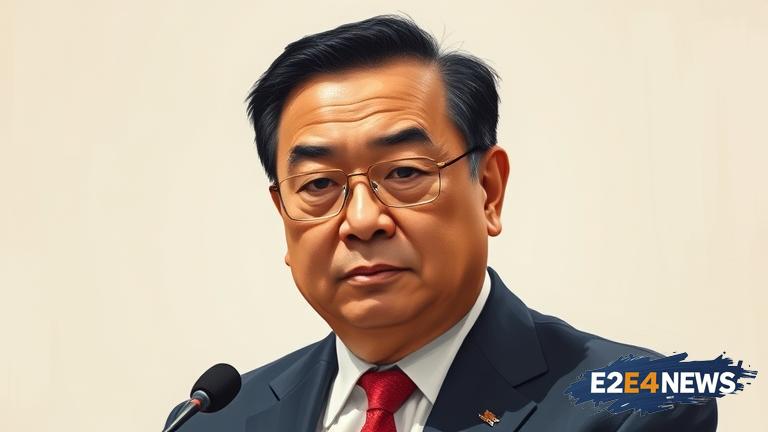Carlos Ghosn, the former CEO of Nissan, is once again at the center of controversy. After his dramatic escape from Japan in 2019, Ghosn has been living in Lebanon, where he has been trying to clear his name. However, his efforts have been hindered by a new investigation into his financial dealings. The latest controversy surrounds Ghosn’s use of company funds for personal expenses, including a lavish wedding party at the Palace of Versailles. Ghosn has denied any wrongdoing, but the investigation has raised fresh questions about his leadership and management of Nissan. The company has been struggling to recover from the scandal, which led to Ghosn’s ousting in 2018. The Japanese government has also been criticized for its handling of the case, with many questioning the fairness of the justice system. Ghosn’s escape from Japan was a major embarrassment for the government, and the latest developments are likely to add to the scrutiny. The case has also highlighted the challenges faced by foreign executives in Japan, where the business culture can be notoriously difficult to navigate. Ghosn’s experience has been cited as an example of the risks faced by outsiders in the Japanese corporate world. Despite the controversy, Ghosn remains a respected figure in the automotive industry, and his legacy at Nissan is still widely debated. The company has undergone significant changes since his departure, including a major restructuring effort. However, the scandal has left a lasting impact on the company’s reputation and finances. The investigation into Ghosn’s financial dealings is ongoing, and it remains to be seen what the outcome will be. The case has sparked a wider debate about corporate governance and accountability in Japan, with many calling for greater transparency and reform. The Japanese government has announced plans to strengthen its corporate governance rules, but the implementation of these changes is likely to be a long and difficult process. As the investigation into Ghosn’s dealings continues, the former CEO remains a polarizing figure, with some hailing him as a visionary leader and others condemning him as a reckless and arrogant executive. The case has also raised questions about the role of the media in shaping public opinion, with some critics arguing that Ghosn has been unfairly vilified by the Japanese press. The controversy surrounding Ghosn’s escape and the subsequent investigation has sparked a lively debate about the ethics of journalism and the responsibility of reporters to provide balanced and accurate coverage. The case is a complex and multifaceted one, with many different perspectives and opinions. As the situation continues to unfold, it is likely that there will be many more twists and turns in the story of Carlos Ghosn and his tumultuous relationship with Nissan.
